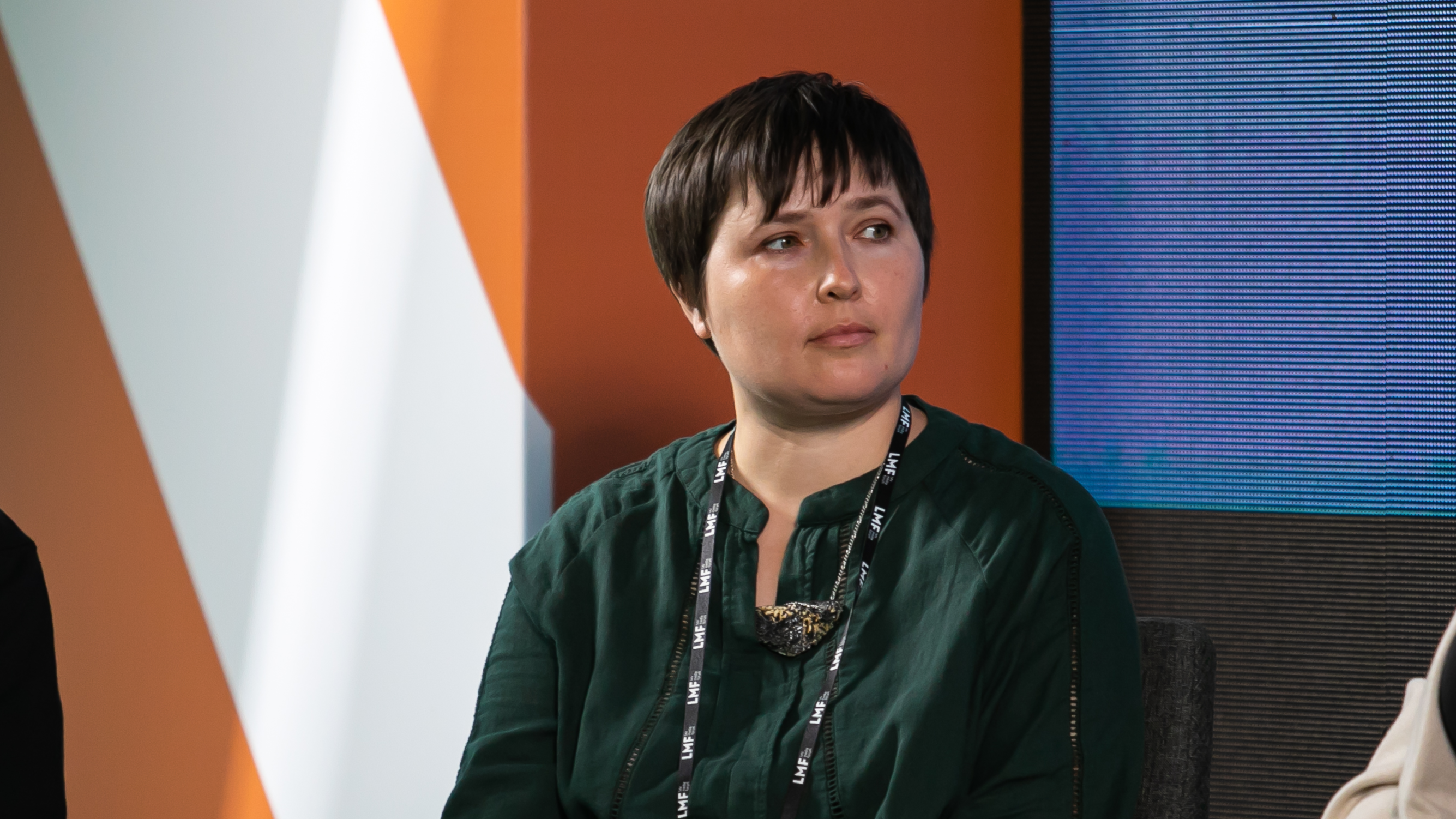
Marichka Varenikova, The New York Times. Photo by the Lviv Media Forum
Foreign media may have more access to exclusives or interviews with high-ranking officials, but less access to the actual war and the people, said Marichka Varenikova, The New York Times freelance correspondent and producer, during the Institute of Mass Information event “Frontline reporting: access challenges and possible solutions” at the Lviv Media Forum on May 17.
Foreign journalists have exactly the same impression regarding Ukrainian journalists, that they get more access,” Marichka noted. “Famous foreign media will have more access to some exclusive type of M777 (US-made howitzer. – Ed.) firing for the first time – we once reported on it – or to interviews of high-ranking officials. Because it is important to the government politically, which is why we have more access. But foreign media have less access to the actual war and to the people,” said the journalist.
According to Marichka Varenikova, it may take foreign journalists a week to get approval for filming in the trenches. “You (Ukrainian journalists. – Ed.) can simply travel through Kherson oblast with a Ukrainian passport or negotiate with a press officer because he is a good friend of yours. I also know some press officers well, but it is much more difficult to get admissions for foreign media, because these are foreign citizens coming to the army positions. To write an ordinary human story about our guys in the trenches, sometimes you can spend a week trying to get approval for it,” Marichka added.
Previously, IMI reported on Kharkiv, Sumy, and Kherson journalists working at shelling sites.
